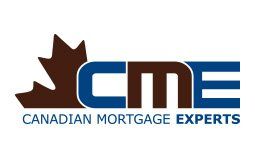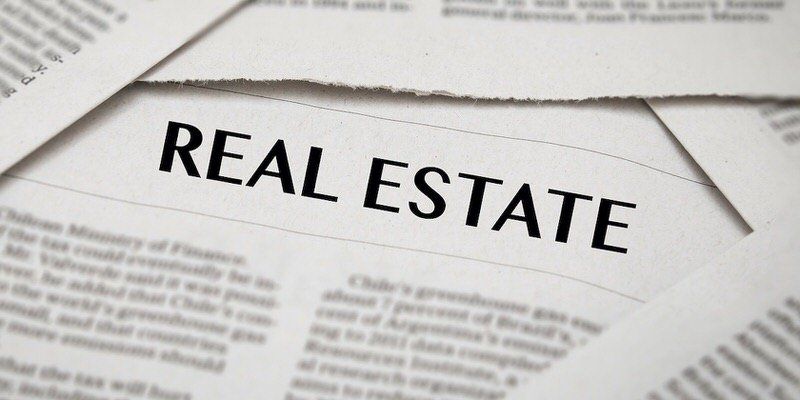The Latest in Mortgage News – What the Stats are Telling Us
A number of reports and surveys have been released over the past couple of weeks providing insight into everything from borrowing trends and consumers’ financial health to the current state of the real estate market.
Here’s a recap of some of the most recent data releases:
One Fifth of GTA Refi Deals Now Through Private Lending
Higher interest rates and tougher mortgage rules are causing Toronto homeowners to turn to private lenders in growing numbers.
A full 20% of refinancing mortgage deals in Q2 went through private lenders, according to a report from Toronto brokerage Realosophy and Teranet. That’s a 67% increase over the last two years.
In dollar figures, private lending grew to $1.5 billion in Q2 from $920 million over the same period.
The largest demographic segment using private financing is Generation X (those in their 30s and 40s), comprising 42% of all private mortgage transactions.
“ A portion of this increase may be driven by owners who prefer to do major renovations to their existing home vs. upsizing to another house,” the report hypothesizes. “Private lenders are often more willing than traditional banks to provide construction financing. But another possible explanation is that private debt is being used to help finance existing real estate investments — an explanation that is supported by the fact that the growth in private financing was highest in municipalities that had the highest rate of investor demand.”
CMHC: Canadian Housing Market Remains “Highly Vulnerable”
Despite easing home prices, Canada’s housing market remains “highly vulnerable,” the Canadian Mortgage and Housing Corporation (CMHC) warned in its latest quarterly report.
It noted that stricter mortgage rules, rising interest rates and smaller growth in inflation-adjusted disposable income have resulted in a decline in housing demand and falling prices.
Even so, markets such as Toronto, Vancouver, Victoria and Hamilton still have “a high degree of vulnerability” as a result of imbalances in the housing market, which it attributes to overbuilding, overvaluation, overheating and price acceleration.
The report draws attention to Winnipeg, which it says is particularly concerning as inventory of newly completed but unsold units has been accumulating over the past two quarters.
Montreal, too, is witnessing a resale market that is “close to overheating” as demand outstrips supply, the report notes.
Toronto Home Prices Inch Upwards as Vancouver Sales Plummet
The Toronto Real Estate Board reported that the average selling price in Canada’s largest city rose 1% from September to a seasonally adjusted $810,881 in October. The benchmark price is up 2.6% from this time last year.
New listings were down 2.7% from a year ago, which supports the view that the market could tighten as a result of the lack of supply.
“A strong regional economy and steady population growth will continue to support the demand for housing ownership as we move into 2019,” board President Garry Bhaura said in the report.
Meanwhile in Vancouver, the Real Estate Board of Greater Vancouver (REBGV) reported a 34.9% year-over-year decrease in home sales from October 2017. Since last month sales have increased 23.3%.
With sales down, the supply of homes in Greater Vancouver is reaching historical highs, up 7.4% from last year.
“The supply of homes for sale today is beginning to return to levels that we haven’t seen in our market in about four years,” Phil Moore, REBGV president said. “For homebuyers, this means you have more selection to choose from. For sellers, it means your home may face more competition from other listings in the marketplace.”
Home prices in the region are down between 3% and 5%, depending on the housing type, since June.
Concerning Stats on HELOC Usage
The Financial Consumer Agency of Canada provided some statistics on how Canadians are using their Home Equity Lines of Credit (HELOCs) during a speech by FCAC Commissioner Lucie Tedesco at the National Mortgage Conference in Montreal.
Here are some of the agency’s findings:
- In 2016, of the ~3 million HELOC accounts held by Canadians, 80% were held under readvanceable mortgages. “Since then, this type of mortgage has steadily increased in popularity,” said Tedesco.
- 25% of HELOC holders are only paying the interest on their HELOCs most months.
- 62% of this group said they planned on paying off their HELOCs over five years. “This seems overly optimistic, considering that the average HELOC balance is $70,000,” Tedesco added. “Clearly, there is a need to strengthen the financial literacy of consumers in general and, specifically, in regard to HELOCs.”
Canadians Stressing Out Over Finances
The percentage of Canadians stressing out over their finances is reaching a boiling point, according to a new survey from Capital One Canada and Credit Canada Debt Solutions.
A full 30% of those surveyed cited financial stress as a larger worry than their overall health, with 44% saying it’s impacting their mental health.
“These results demonstrate that most Canadians worry about their finances every day for about an hour, which is equivalent to the amount of time we spend eating,” said Laurie Campbell, Credit Canada’s CEO.
Some additional findings:
- 76% of Canadians have missed out on special experiences to save money
- 56% say they’re willing to make drastic sacrifices to become debt-free
- 60% reported taking steps to alleviate their financial stress
This article was written by Steve Huebl and originally published on the Canadian Mortgage Trends here on November 6th 2018.




